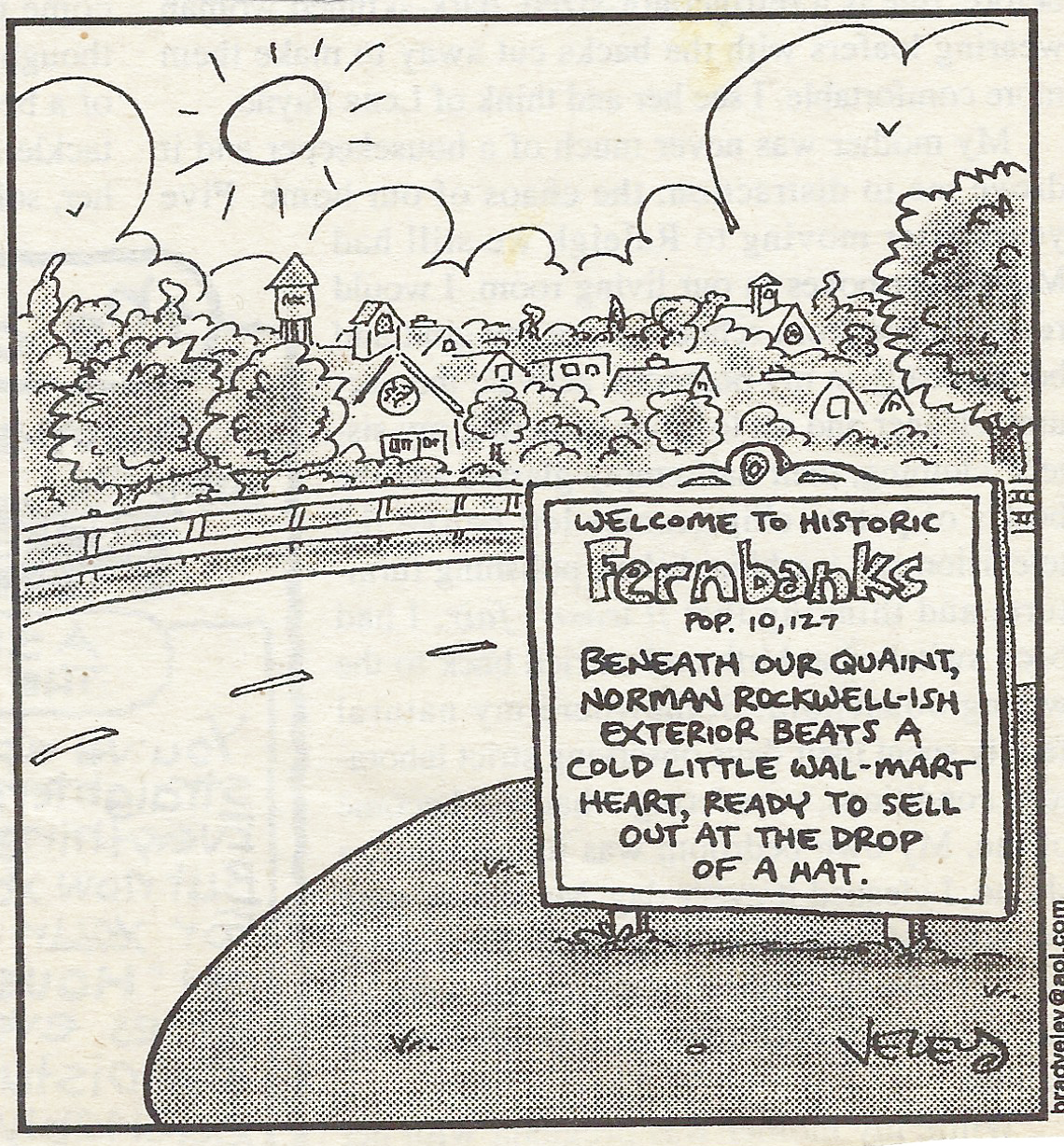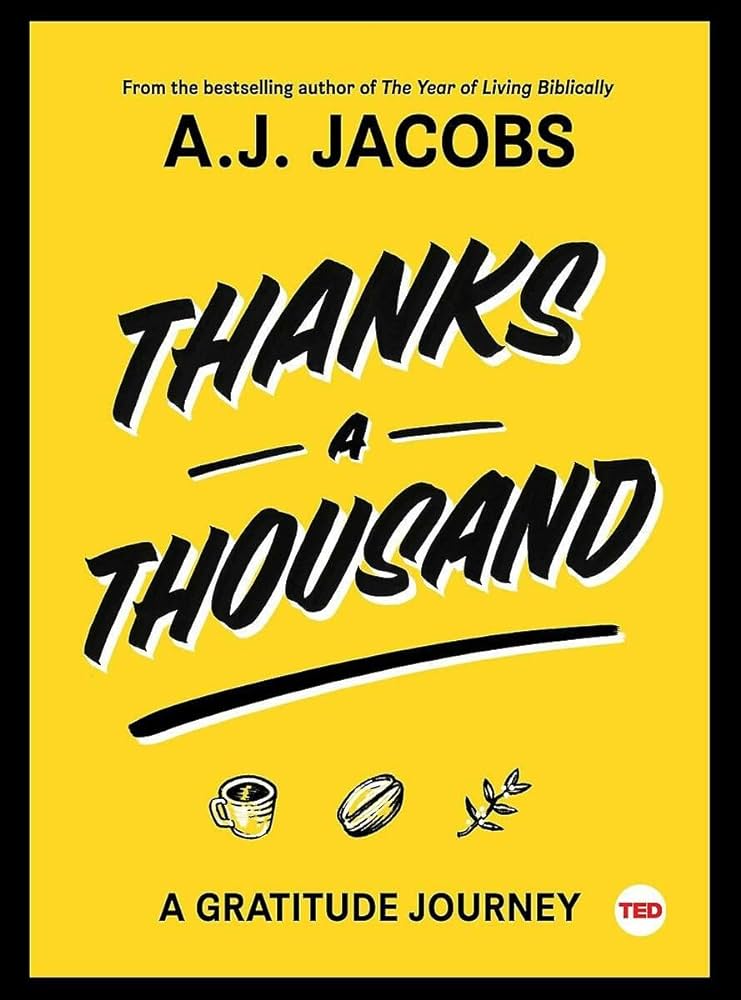LEARN A LITTLE:

Thinking About Problems
Thinking about thinking is a serious undertaking. One can wander the paths of convergent thinking, divergent thinking or even Edward De Bono’s notions of lateral thinking. If you wander off the path, however and begin to wrestle with issues of epistemology you are now deep in the woods and pretty far from grandmother’s house.
I have long appreciated the observation of Norman Vincent Peale, “How you think about a problem is more important than the problem itself—so always think positively.” Clearly there are many issues and problems in front of us today, from the economy and the epidemic of loneliness to societal polarization. And to that list we can add our personal list of problems as well.
By way of background, give thought to the useful distinction between a condition and a problem. Conditions are events or circumstances that we cannot solve. One example is the fact that there will always be people with us who will act primarily from self-interest. Problems, on the other hand, are solvable—you have a leaky faucet, you replace the faulty washer and it is fixed. Life is good. It would be great if all problems were that simple.
I realize that some people will disagree with this formulation, but from my perspective it allows us to better target our efforts and approach.
To share another example, funding for our most vulnerable citizens will always be underfunded and perhaps undervalued as well. This observation is not made out of pessimism or negativity, it is simply what has occurred over the course of history and in my own experience.
This doesn’t mean that we should quietly accept the conditions or circumstances as described above. We need to be active in combating the obstacles and challenges, while remaining aware of the difference between a condition and a problem. Knowing the difference will help mitigate our discouragement and also prevent complete hopelessness.
I would like to pose three brief questions about the way we think about problems.
- In thinking about problems, are we going to face the challenges as optimists or pessimists, catastrophists or encouragers? We all know “negaholics,” those who never see what’s right, who can’t find a purpose and have nothing to be grateful for. There is no doubt that bad things happen and that life can be hard and unjust, but simply to give into negativity is to forfeit joy, happiness and a better future.
- Are we action-oriented or response-driven? It is my belief that people are attracted to action, to those who are willing to “do something about it” (the problem). Living in the response mode generally means that we just let life happen to us. We may complain a lot, but mostly we wait to react rather than anticipate, plan and act. In this regard, there is also a difference in playing to win and playing not to lose. If you are a sports enthusiast, for example, you can probably recall a football team that set aside risk-taking and creativity and therefore played defense for the most part. The result was what they were trying to avoid.
- In thinking about a problem, what do we do when we are stifled, have a setback or can’t do what we want to do? Once again there are those who simply fold their tents while perhaps making the comment, “Well, at least we tried.” Often they give up way too soon. It is my contention that even after a setback we can always do the next best thing. In fact, doing the next best thing always pays dividends.
How we think about a problem has a lot to do with our success as individuals, teams and organizations.
LAUGH A LITTLE:

REFLECT A LITTLE:

Proverbs 10:19
When words abound,
transgression is unavoidable.
Whoever restrains his lips is wise.
READ A LITTLE:

Thanks a Thousand: A Gratitude Journey
A.J. Jacobs
(Simon & Schuster/TED, 2018)
Thanks a Thousand is a relatively brief book (112 pages), so you actually can take in its content while enjoying a few cups of fine coffee. If you are, in fact, a coffee drinker, you will love this book.
Written by A. J. Jacobs, a bestselling author who has gained national recognition for writing about his lifestyle adventures. In Thanks a Thousand, Jacobs describes his quest to thank at least 1,000 people who contribute to the enjoyment of his daily morning coffee. Doing so takes him around the world, and that’s the background of the book.
But it is more than just a story. In a humorous way, it’s also a narrative that reveals the importance of gratitude and expressing gratitude to others. It also teaches us not to take ordinary things for granted.
Jacobs shares many insights regarding the importance of gratitude. Some are familiar, others are not.
“Gratitude causes people to be more generous and kinder to strangers.”
“Happiness does not lead to gratitude. Gratitude leads to happiness.”
– David Steindl-Rast
“The act of noticing, after all, is a crucial part of gratitude.”
“Grateful living is possible only when we realize that other people and agents do things for us that we cannot do for ourselves…. In gratitude, we recognize that the source of goodness is outside of ourselves.”
– Robert Emmons
“Gratitude has a lot to do with holding on to a moment as strongly as possible.”
– Scott Barry Kaufman
“The key is to remind myself that I’m a lucky bastard.”
“Gratitude should be a two-way street. It should be helpful to both the thanker and the thankee. It’s not just a self-help tool, it should brighten other lives.”
Jacobs even includes a “gratitude trick” shared with him by a friend. It’s a trick meant to help you fall asleep at night. Starting with the letter A and ending with Z you think of something that begins with that letter for which you are grateful.
“It’s much easier to be thankful for a good thing (a raise at work, a delicious meal) than for the lack of a bad thing. But both are important.”
“It’s good to be acknowledged.” “You made my day. You put a smile on my face.”
“Here’s why I’m a fan of thanking our lucky stars every day: it helps with forgiving yourself your failures; it cuts down on celebrity worship and boosts humility; and, perhaps most important, it makes us more compassionate.”
As you can see from reading the above, I decided to emphasize Jacobs’ insights regarding gratitude rather than the knowledge gathered about coffee and its production or consumption, or the interesting people he met on his journey.
I will, however, tell you that I did agree with Ed Kaufman, the head buyer for Joe’s Coffee Company (New York and Philadelphia), who said, “Starbucks over-roasts its coffee. It’s too bitter. You can’t taste the fruitiness.”
Author Thank You
Thanks to my son and daughter-in-law who gave me this book as a present.
Until next time,
Art Dykstra
Purchase this and other recommended books at your local bookstore or through the HighTidePress.org bookstore.
All High Tide Press sales benefit persons with disabilities.
Cherry Hill Consulting Group and High Tide Press
are Visions of Trinity Foundation - 101 Hempstead Place, Joliet, IL 60433


